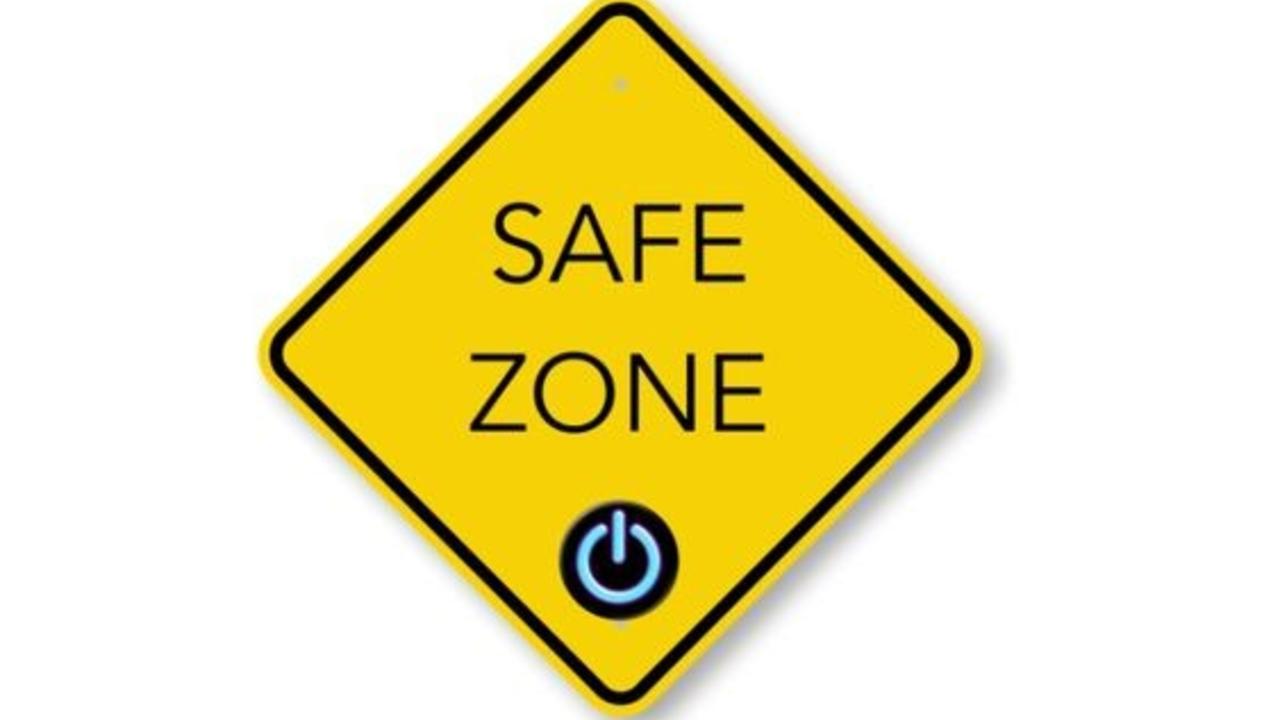Are you Familiar with Psychological Safety?
Nov 11, 2020
Psychological safety is not a term that everyone has heard before.
If you haven’t heard it before, that’s ok…most of us have our heads down…busy doing our work.
You may be surprised, however, to know that after years of research, Google found that psychological safety is THE key ingredient to effective teams.
It wasn’t ping pong tables, it wasn’t beer, and it wasn’t free lunches.
They actually found that none of those things matter if psychological safety isn’t present.
So, what is psychological safety?
Dr. Amy Edmondson, a professor at Harvard Business School, defines the term as “a climate in which people are comfortable being (and expressing) themselves.”
It is actually a climate that leaders create within their teams and businesses. It is a quality of the culture of an organization.
Here is how leaders can cultivate a climate of psychological safety:
- Ask good questions and encourage a variety of different answers. Let people know that you are looking for out of the box thinking. This allows people with nonconventional thoughts and ideas to speak up.
- When someone tells you news or an idea that is hard for you to hear, let them know that you appreciate their willingness to share with you. How you respond—with a welcome openness rather than with anger, frustration, or disgust—will determine whether anyone will be willing to give you hard news in the future.
- When you interrupt, you shut people down. Work to minimize interruptions at all levels of the company. Give people time to think, and make sure everyone has a chance to speak.
- Encourage people to speak up when they have something to offer. Create an environment that welcomes input and ideas, no matter how off the wall they may be.
- Let everyone know it is unacceptable to ridicule or otherwise negatively judge ideas.
- Encourage disagreement, just make sure it is respectful and kind. And make sure the disagreement is about the ideas, and that it doesn’t become personal.
Leaders who do these things will be developing a culture that is more innovative, more inclusive, and happier.
Over time you will also see less turnover, and a more highly engaged team.
And, work will be more fun for everyone.
